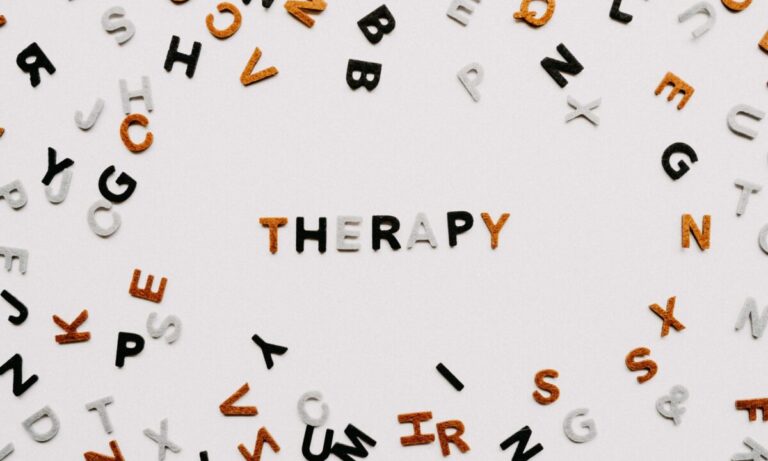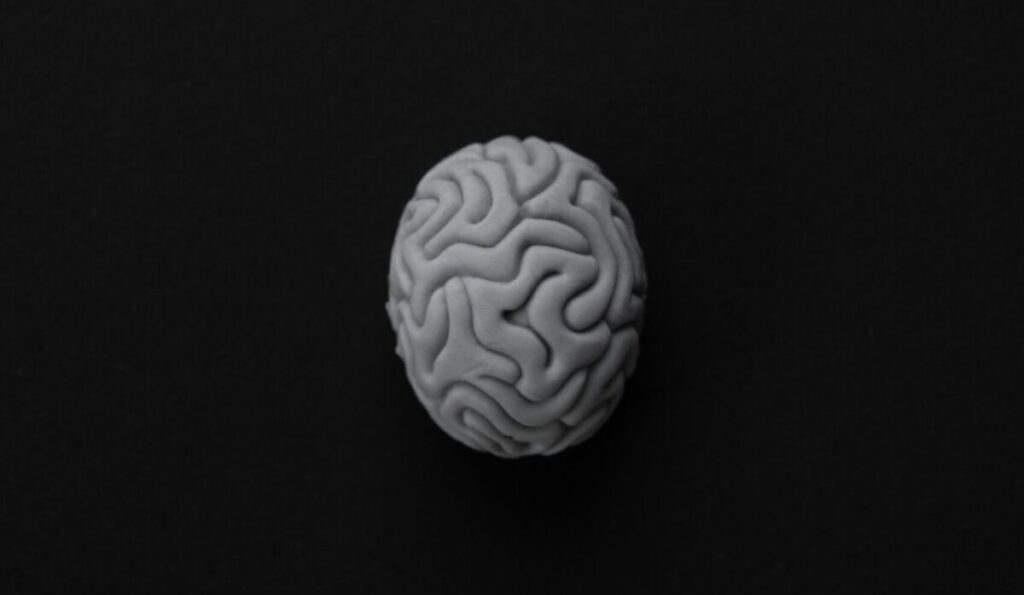
COGNITIVE BEHAVIORAL THERAPY
Cognitive Behavioral Therapy (CBT) is a short-term, goal-oriented psychotherapy treatment that takes a hands-on, practical approach to problem-solving. It is used to help treat a wide range of issues in a person’s life, from sleeping difficulties or relationship problems, to drug and alcohol abuse or anxiety and depression.
Its goal is to change patterns of thinking or behavior that are behind people’s difficulties, and so change the way they feel. CBT works by changing people’s attitudes and their behavior by focusing on the thoughts, images, beliefs and attitudes that are held (a person’s cognitive processes) and how these processes relate to the way a person behaves, as a way of dealing with emotional problems.
PSYCHODYNAMIC THERAPY
If you’re picturing Tony Soprano opening up to Dr. Melfi, you’re onto something. Psychodynamic therapy is all about talking. More specifically, the patient is guided to talk about his or her thoughts and feelings and free associate (i.e. talk uninterrupted about whatever comes to mind), with the goal of bringing unconscious patterns of behavior to the fore so they can more easily be addressed and (if it would be beneficial to the patient’s health) changed.
FAMILY THERAPY
Families are so much more than the sum of their parts, and can experience struggle and conflict singular enough to warrant a pop culture genre. Luckily, family therapy considers the family unit to be a system with its own unique dynamics (rather than just a collection of individuals who happen to be related). It may address specific problems like an addiction in the family or focus more generally on communication and members’ relationships with each other.
GROUP THERAPY
The more the merrier, right? Group therapy is useful for anyone who wants to explore the challenges and conflicts he or she is experiencing in relationships, work, life, etc., and do so in a supportive group setting with other people who are struggling with the same or similar things.
DIALECTICAL BEHAVIOR THERAPY
Originally developed to treat individuals with suicidal thoughts, DBT has since been found to be an effective treatment for people with Borderline Personality Disorder (BPD) and BPD-like symptoms (which include unstable moods, extreme reactions like panic, depression, suicidal thoughts, and fear of abandonment). DBT was designed to help these individuals understand their thoughts and behaviors as out-of-the-ordinary and extreme, and then learn coping and interpersonal skills that allow them to find more measured, moderate ways of acting and reacting.


